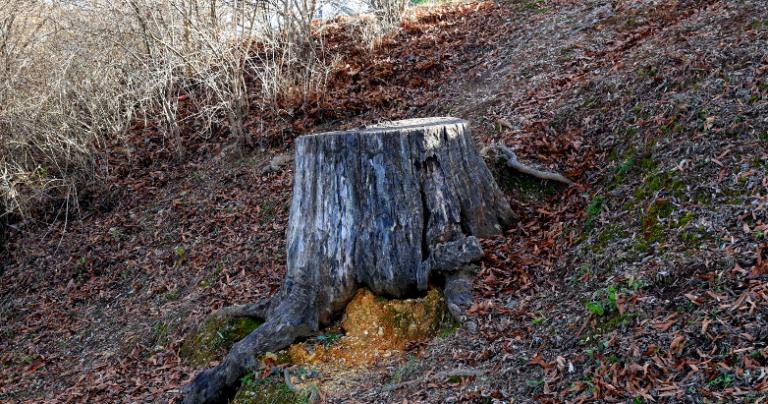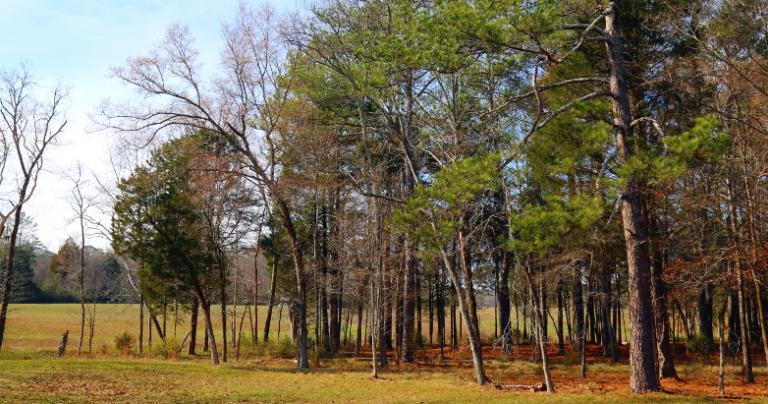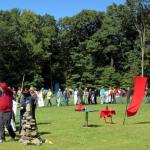Michael Harner is dead, and I have mixed feelings1.
From last Monday’s Wild Hunt:
Michael J. Harner, author of The Way of the Shaman, died Feb. 3 at the age of 88 … Harner’s greatest contribution is considered to be the role he played “in bridging the worlds of indigenous shamanism and the contemporary West through his fieldwork and research, experimentation, writings, and original development of the core methods of shamanism.” His work influenced the New Age movement and beyond.
There is no question Harner was highly influential in the Pagan community. Many people benefitted from his work. At the same time, his work presented an incomplete and therefore inauthentic picture of shamanism and left his students and followers thinking they know more than they really do.
I took Harner’s core shamanism class
Early on my Pagan journey I came across someone teaching core shamanism. I signed up for the class – at the time I said “this is a tool I need in my toolbox.”
It wasn’t cheap. As I recall, it was around $200 for a six week introductory class, and this was in 2003. The teacher knew what she was doing. The techniques came easier to some than to others, but everyone in the class was journeying in a short time. I finished the class and felt like I had checked a necessary box in my magical training.
But in the years since, I can’t remember one time when I’ve approached a problem (for myself or for others) and said “hmmm… I think I need shamanism here.” I learned the material – and I still remember much of it – but any time I might have used shamanic techniques I’ve ended up doing something else instead.
Core shamanism isn’t powerless, but it is rootless
Core shamanism attempts to distill the techniques practiced by shamans in various indigenous societies down to their “core.” It assumes that if we remove all the cultural differences and nuances, we will find a set of universal shamanic practices that can be applied to any culture.
That’s only partially correct. It can be done – Harner did it. His techniques work. But they still require a cultural context, and taken out of their native contexts they attempt to find root in our modern, monotheist, materialist society. And that won’t produce the same kind of results.
Context is the ground of our practices
Authentic shamans journey to the Otherworld (or rather, to their people’s equivalent of what I call the Otherworld). They interact with the spiritual beings they encounter there. And they bring back wisdom and power to assist their communities. Those communities, their beliefs and cultures form the context of the shamans’ practices.
How does that work in 21st century suburban America?
Most don’t really believe in an Otherworld. They assume spiritual beings are psychological aspects that don’t exist outside their own brains. And they’re trying to bring back wisdom and power for themselves (not that there’s anything wrong with that, but it’s not the same thing). That’s a very different context.
Much of this is similar to what I’ve been talking about with bad assumptions. If our fundamental ideas about the world and the way it works are at odds with our spiritual and magical practices, those practices will be less effective that they would otherwise be. Our context and our practices need to be in alignment.
So let’s look at building context for our Paganism and polytheism.
Context: spirits and sovereignty
We live in an inspirited world, a world where even rivers and rocks are not inanimate objects but persons. Perhaps everything has a spirit. Or perhaps everything is a spirit and some spirits also have bodies.
Because some spirits do not have bodies.
A post on the taxonomy of spirits is beyond the scope of this post… and beyond my area of expertise. But we can safely say that this includes Gods, ancestors, nature spirits, and many other types of spiritual beings.
Every spirit has sovereignty – the right to rule their own life and the responsibility to rule it rightly. Last year I wrote a post on the need for clarity around the topics of sovereignty, autonomy, and agency, and the confusion when some people (myself included) use “sovereignty” when we could simply say “autonomy.” That conversation has value, but in this situation, I am talking about the personal sovereignty of every individual spirit: you, me, the Dagda, the tree spirit in my back yard… and the often-strange spirits we encounter when we journey into the Otherworld. They are all individual beings whose lives are their own, not born into servitude to humanity or anyone else.
Our world is full of spirits who exist on their own.
Context: relationships and hospitality
We all exist on our own, but the vast majority of us (human and otherwise) do not wish to live alone. And so we form relationships with other individuals. We form families, tribes, and communities dedicated to our mutual support.
In most tribal societies, a person’s primary allegiance is to the tribe, not to themselves as an individual. This is very different from typical Western thinking. That difference is beyond the scope of this post, but it’s worth thinking about, particularly in regards to our political orientations – what obligations do we have to our wider society simply because we are part of it?
Because we constantly encounter persons who are not part of our communities, we practice hospitality. When we encounter strangers, we greet them with the presumption of honorable intentions (even if we are wary and cautious) and we tend to their needs.
When we journey into the Otherworld, we are guests in a foreign land. If we are wise, we will conduct ourselves as humble and honorable guests, not as presumptive invaders and conquerors.
Context: alliances and reciprocity
Not every stranger we encounter is a guest seeking hospitality, or a host obligated to offer it. Some we encounter as persons on a different path, with whom we may have common interests. They will never be part of our families, but it may benefit both of us to work together on this project or for that cause.
I’ve been honored to offer Pagan prayer as part of the Denton Interfaith National Day of Prayer observance. The Catholics, Protestants, Muslims, Buddhists, and others who participated in this service do not follow the same religion and we have no interest in trying to merge our faiths. But we gladly work together to support religious freedom and diversity, to care for the poor and oppressed, and to care for the Earth.
We can form alliances – either formal or informal – around political work, environmental concerns, or ordinary mutual support. Our alliances are based on the virtue of reciprocity. We give freely and we receive graciously, and in doing so we build trust.
Our relationships with our Gods are usually deep and sacred, but we can form alliances with other spiritual beings based on reciprocity. This is more honorable – and in my experience, more effective – than either trying to command other sovereign beings or naïvely assuming “the spirits are there to help and serve us!”
The legacy of Michael Harner
It is far too soon to make definitive statements about the legacy of Michael Harner. On one hand, he raised awareness about shamanic practices and their benefits. The techniques he taught have been helpful to many people.
On the other hand, he ignored the importance of cultural context. He set the table for a seven course dinner and then served only soup and salad.
It falls to those of us creating and rebuilding the Pagan and polytheist religions of today and beyond to serve the rest of the meal.
1 Mixed feelings about his life’s work, not about his death. There are people whose deaths I respond to with “about damn time.” Michael Harner doesn’t come close to being on that list.


















